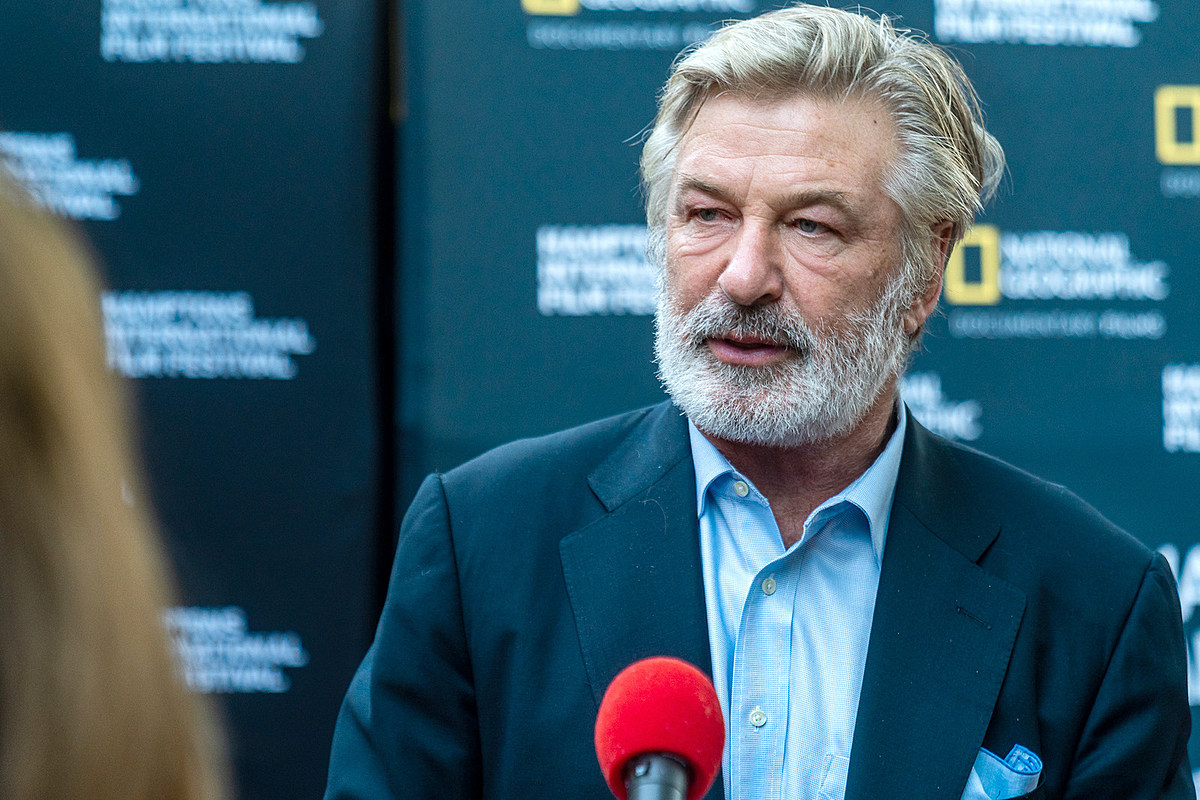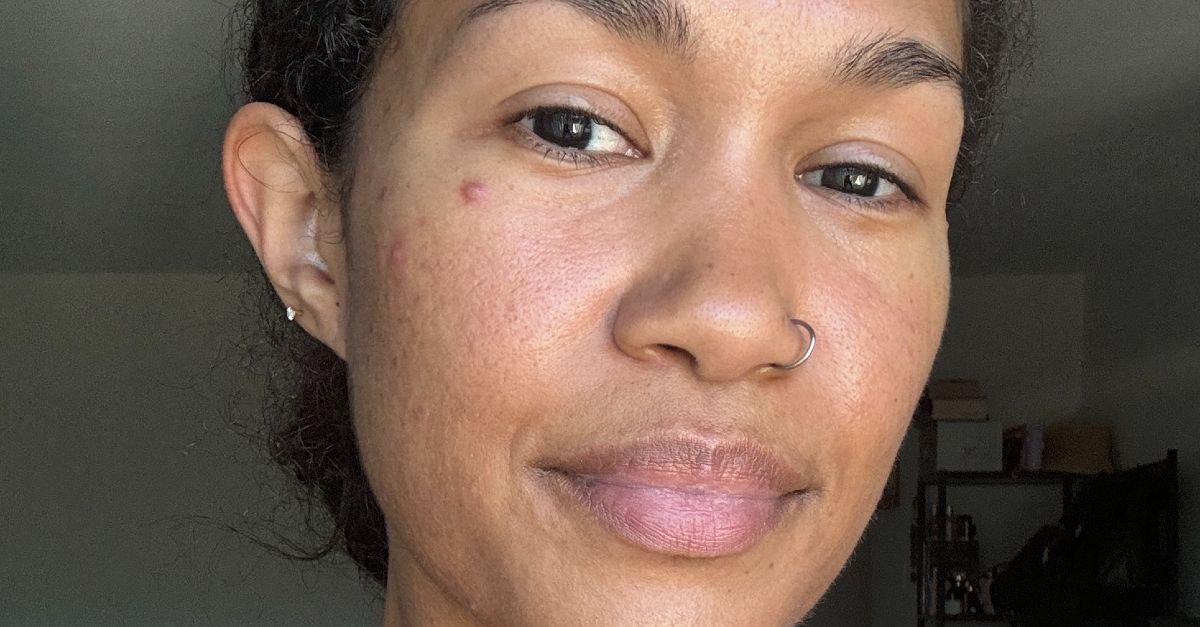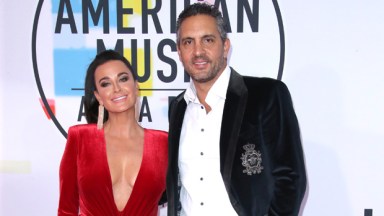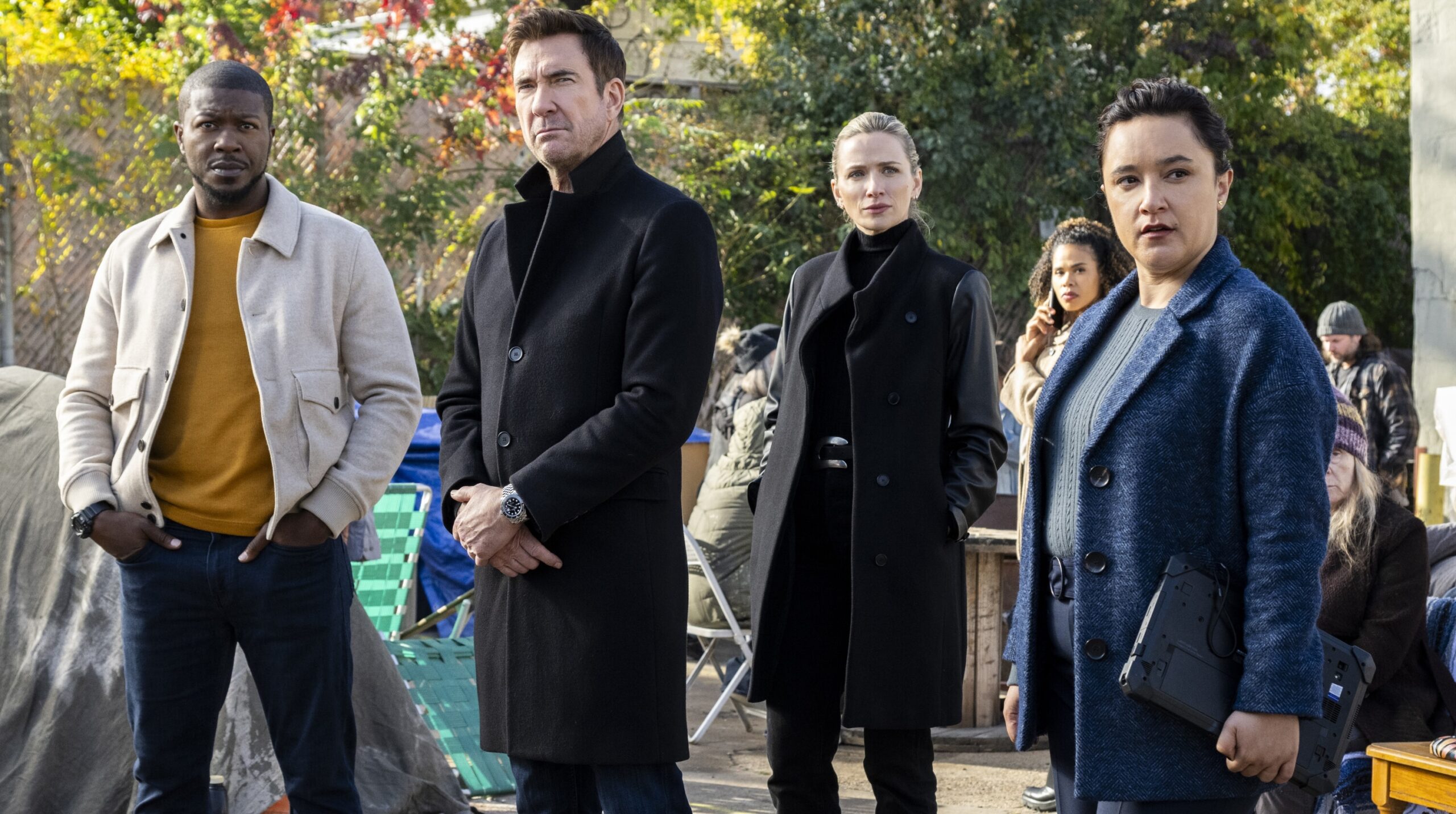Last October, it was announced that the the producers of the Western film Rust had settled a wrongful death lawsuit over the October 2021 incident that took the life of the film’s cinematographer, Halyna Hutchins. At the time, the producers claimed that with the suit settled, the film would actually resume production, with Hutchins’ husband, Matthew, now listed as an executive producer on the project.
But then in January, the local district attorney in New Mexico charged Rust star and producer Alec Baldwin and production armorer Hannah Guitierrez-Reed with involuntary manslaughter for their role in the incident. Some three months later, after a series of setbacks for the prosecution, Baldwin’s lawyers now say that the charges against their client are set to be dropped. In a statement, they wrote “We are pleased with the decision to dismiss the case against Alec Baldwin and we encourage a proper investigation into the facts and circumstances of this tragic accident.”
READ MORE: 10 Movie Productions That Were Supposedly Cursed
An attorney for Guitierrez-Reed told The New York Times that charges for his client had not been dropped.
At the announcement of charges against Baldwin, Gutierrez-Reed, and assistant director David Halls, who later pled guilty to a charge of negligent use of a deadly weapon and received a sentence of six months probation, special prosecutor Andrea Reeb said of the case:
If any one of these three people — Alec Baldwin, Hannah Gutierrez-Reed or David Halls — had done their job, Halyna Hutchins would be alive today. It’s that simple. The evidence clearly shows a pattern of criminal disregard for safety on the ‘Rust’ film set. In New Mexico, there is no room for film sets that don’t take our state’s commitment to gun safety and public safety seriously.
But since the charges were first announced, Reeb removed herself from the case after Baldwin’s lawyers claimed she could not prosecute their client and also serve in the state’s legislator. Then the prosecution had to downgrade the charges against Baldwin, after his lawyers successfully argued that they were based on a law that was not in effect at the time of the October 21 incident.



























































![Mason Ramsey – Twang [Official Music Video] Mason Ramsey – Twang [Official Music Video]](https://i.ytimg.com/vi/xwe8F_AhLY0/maxresdefault.jpg)







![‘Evil Dead Rise’ Brings Books, Blood, and Bookends With Highs and Lows [Halloweenies Podcast] ‘Evil Dead Rise’ Brings Books, Blood, and Bookends With Highs and Lows [Halloweenies Podcast]](https://i0.wp.com/bloody-disgusting.com/wp-content/uploads/2023/04/evil-dead-rise-feature.jpg?resize=1000,600&ssl=1)











